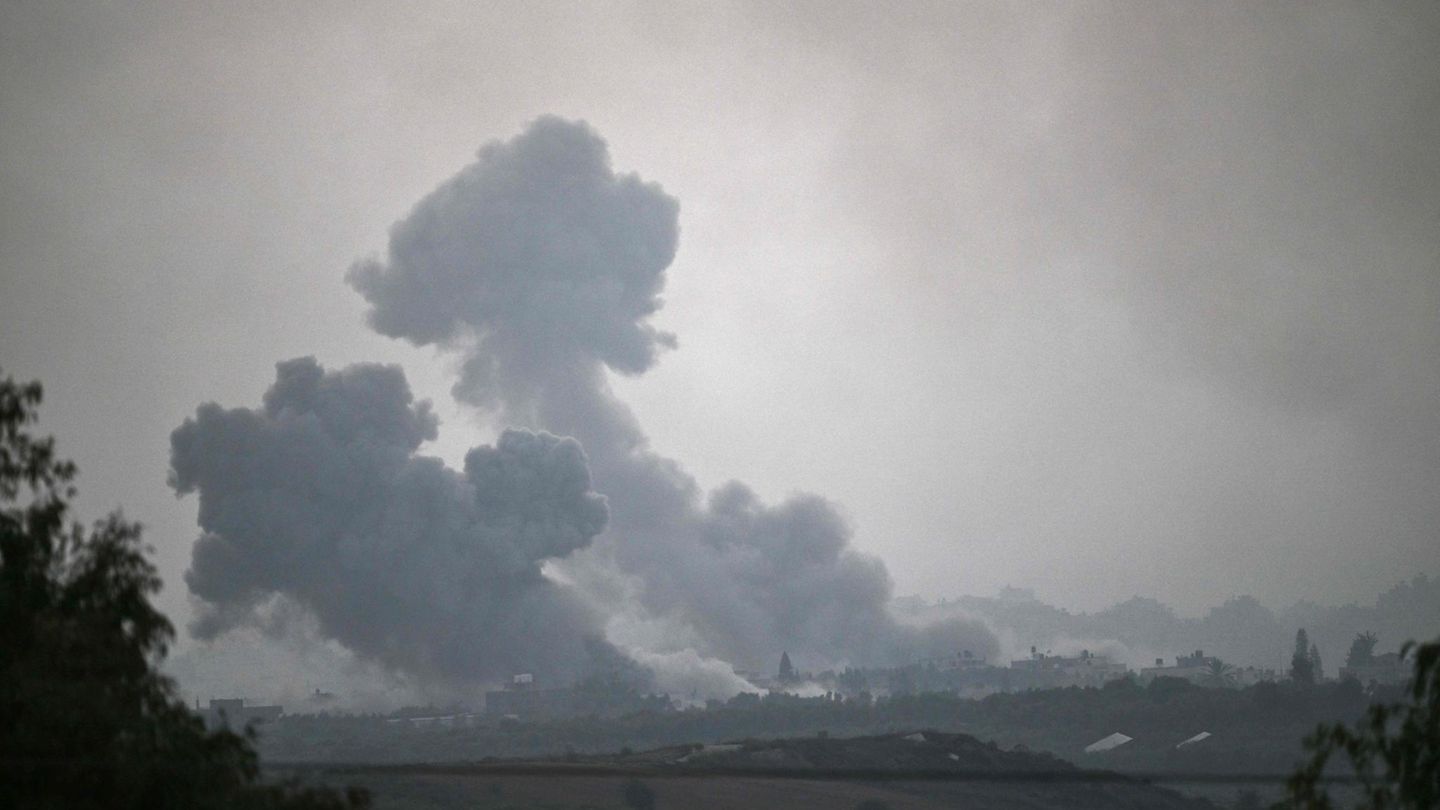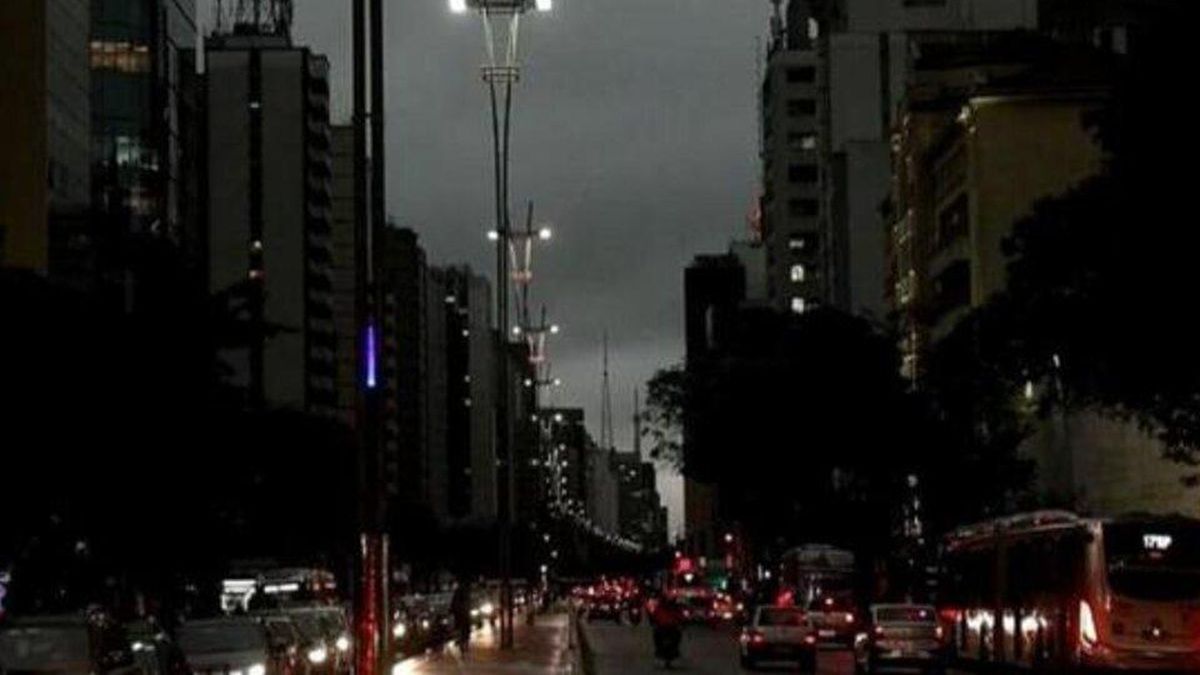Three weeks after massacres by Islamist terrorists, the Israeli army has increased attacks on the Gaza Strip. What is happening in the Middle East? The star provides an overview.
By Verena Hölzl, Tel Aviv
What has happened since last night?
According to their own statements, the Israeli armed forces entered the Gaza Strip on Saturday night and expanded their military operation there. “Our soldiers are still in the field and continuing the war,” said military spokesman Daniel Hagari on Saturday morning. Since then, the question has been raised as to whether this is the beginning of the announced major ground offensive against Hamas or not.
Defense Minister Yoav Gallant said late in the afternoon that Israel would continue with the operation until further notice. “The earth in Gaza shook,” he said. “We have attacked above ground and underground, we have attacked terror masterminds of various ranks, everywhere.” It is not the first time that Israeli soldiers have entered the Gaza Strip since Hamas’ October 7 attack. However, so far the armed forces have only been in the enclave temporarily.
Is this the big ground offensive now?
What is certain is that the war has entered a new phase. The Israeli military did not describe the operation as the major ground offensive it had previously announced, instead saying only that “ground activities have expanded” in the Gaza Strip. “It is a war with several phases and we have now moved to the next stage,” Lt. Gen. Herzi Halevi said in a video recording. “Our enemy is faced with hundreds of deaths and destroyed infrastructure.”
On the border with Lebanon in northern Israel, people are on heightened alert for possible attacks by Hezbollah. Analysts believe that the latest operations are intended to prepare for the difficult urban warfare ahead in the Gaza Strip.
What do we know from the Gaza Strip?
Gaza residents endured a night of intense bombardment and also faced a temporary complete internet blackout. Several international organizations reported on X, formerly Twitter, that they had no contact with their employees in the Gaza Strip overnight or still. The Israeli military again called on civilians in the Gaza Strip to flee to the south “for their own safety” on Saturday. Journalists and civilians in the Gaza Strip are reporting a scale of attacks that they had never seen before. Catherine Russell, the director of the UN children’s fund Unicef, wrote on X: “The situation in Gaza is terrible.”
How do you react abroad?
Israel’s allies once again pledged their support today. White House national security spokesman John Kirby said in an interview that “Israels have every right and responsibility to defend themselves.” British Foreign Secretary James Cleverly made similar comments. Kirby promised Israel further US support for the war. UN Secretary-General Antonio Guterres again called for a ceasefire on X on Saturday. He also called for the release of the hostages and access to humanitarian aid for civilians in the Gaza Strip, where “a humanitarian catastrophe is unfolding before our eyes.” Hamas also issued a statement and reported fighting with Israeli soldiers in the northeastern city of Beit Hanoun. The Qassam Brigades, the military wing of Hamas, are ready to meet Israeli “aggression with full force.”
How do the relatives of the hostages react?
The families of the more than 220 hostages kidnapped in the Gaza Strip followed the developments on Friday evening with great concern. They criticize the government for not providing them with sufficient information and are concerned about the safety of the hostages given the expanded military operations in the Gaza Strip. Prime Minister Benjamin Netanyahu responded to relatives’ demands for a meeting with them on Saturday evening.
Source: Stern
I have been working in the news industry for over 6 years, first as a reporter and now as an editor. I have covered politics extensively, and my work has appeared in major newspapers and online news outlets around the world. In addition to my writing, I also contribute regularly to 24 Hours World.




